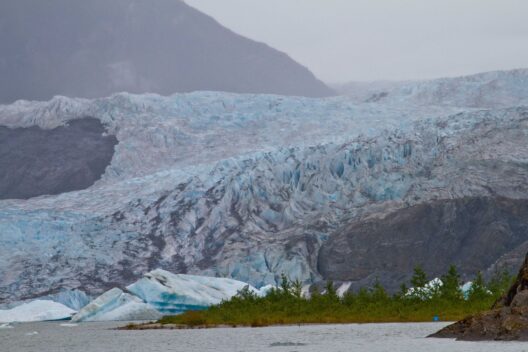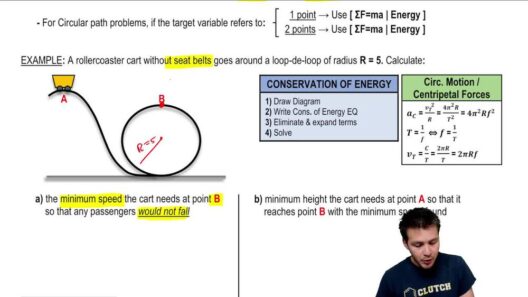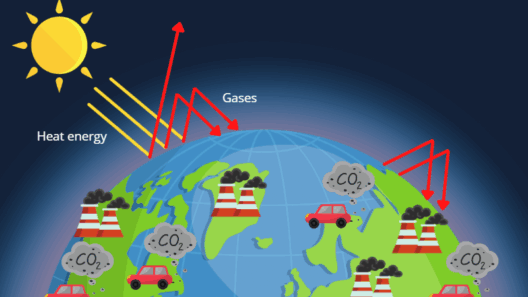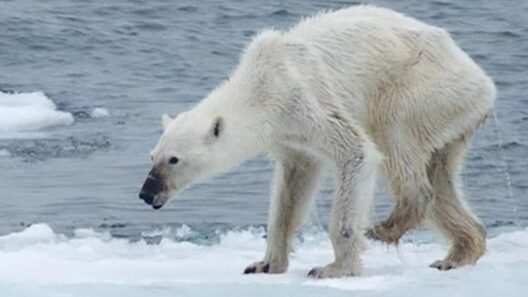Climate change is an existential crisis that requires urgent action. Understanding the human-climate connection is essential for every individual, as each person plays a vital role in influencing the environment. This exposition aims to illuminate the intricacies of this relationship, examining the ways in which human activities engender climate change and, conversely, how climate change shapes human life. The content is structured to facilitate comprehension, ranging from an overview of the phenomenon to actionable insights regarding individual contributions to a sustainable future.
1. The Science of Climate Change
At its core, climate change signifies a long-term variation in temperature, precipitation, and other atmospheric conditions. The predominant driver of this global phenomenon is the greenhouse gas emissions stemming from anthropogenic activities. Carbon dioxide, methane, and nitrous oxide collectively trap heat in the Earth’s atmosphere, resulting in the greenhouse effect. As industrialization burgeoned in the 19th century, fossil fuel combustion became prevalent, exponentially increasing atmospheric carbon concentrations. This has led to a rise in global temperatures, prompting cascading effects on weather patterns, sea levels, and biodiversity.
2. The Manifestations of Climate Change
Climate change manifests in numerous ways, all of which have significant implications for human existence. More frequent and severe weather events—hurricanes, droughts, and wildfires—have become a grim reality. Rising sea levels threaten coastal communities, while altered precipitation patterns impose stress on agriculture, imperiling food security. Additionally, ecosystems are destabilized, jeopardizing wildlife and plant species as they struggle to adapt to rapidly changing conditions.
3. Humans: Both a Cause and a Consequence
The duality of humans as both contributors to and victims of climate change epitomizes the complexity of the issue. Urbanization, deforestation, and unsustainable farming practices exacerbate carbon footprints, while resource extraction depletes ecosystems. Meanwhile, populations across the globe face the repercussions of climate change through increased health risks, displacement, and economic instability. Vulnerable communities often bear the brunt of these consequences, highlighting a stark inequity that demands attention and redress.
4. The Psychological Impact of Climate Change
The repercussions of climate change extend beyond the physical realm into the human psyche. Eco-anxiety—a term describing the chronic fear of environmental doom—has surged in recent years. Individuals grapple with feelings of helplessness, despair, and overwhelming concern for future generations. Recognizing the psychological aspect of climate change is imperative, as mental health can significantly influence an individual’s capacity to engage in sustainable practices and advocate for systemic change.
5. Empowering Individual Action
In light of the daunting challenges posed by climate change, individual action is paramount. Conscious consumerism is a powerful avenue through which people can exert influence. Opting for sustainable products, minimizing waste, and supporting local economies can collectively contribute to reducing carbon emissions. Moreover, embracing a plant-based diet or reducing meat consumption can yield substantial environmental benefits, as livestock farming is a significant contributor to greenhouse gas emissions.
6. Advocacy and Community Engagement
Engagement extends beyond individual behavior—it thrives in community actions and collective advocacy. Joining local environmental organizations can amplify individual voices, yielding more significant impacts. Participation in community gardens, tree-planting initiatives, or cleanup events fosters a sense of camaraderie and purpose, while cultivating awareness about the importance of environmental stewardship. Advocacy for sustainable policies and practices at local, national, and global levels must be pursued vigorously, as systemic change is crucial for addressing the root causes of climate change.
7. The Role of Education
Education serves as a cornerstone for combating climate change. By fostering an understanding of environmental science and the implications of climate change, individuals can become more informed participants in discussions and initiatives. Schools, universities, and community programs play a vital role in disseminating knowledge, instilling values of sustainability, and encouraging critical thinking regarding the human-climate nexus. Educational curricula should integrate climate literacy, ensuring that future generations are equipped with the tools necessary to navigate this complex landscape.
8. Resilience and Adaptation
As the climate continues to change, developing resilience and adaptive strategies becomes integral to mitigating its impacts. Communities must invest in infrastructure that can withstand extreme weather events and promote conservation efforts to protect vulnerable ecosystems. Local governments should prioritize policies that encourage adaptive land use and promote renewable energy sources, thus reducing dependency on fossil fuels. By fostering resilience, communities can better navigate the uncertainties that climate change presents.
9. A Collective Legacy
Your role in a warming world is profound. Every action, no matter how small, contributes to a collective legacy. The urgency of climate change demands not only individual commitment but also a unified movement toward sustainability. Through informed choices, community engagement, and advocacy, individuals can effectuate substantial change. Acknowledging the interconnectedness of humanity and the climate is essential for fostering a future that is equitable, resilient, and sustainable. Igniting this awareness and possessing the tenacity to act is paramount for addressing the climate crisis that looms over us all.
As citizens of Earth, we possess the power to redefine our relationship with the planet. The time for action is now. Understanding the human-climate connection is the first step towards fostering a sustainable future for generations to come.







